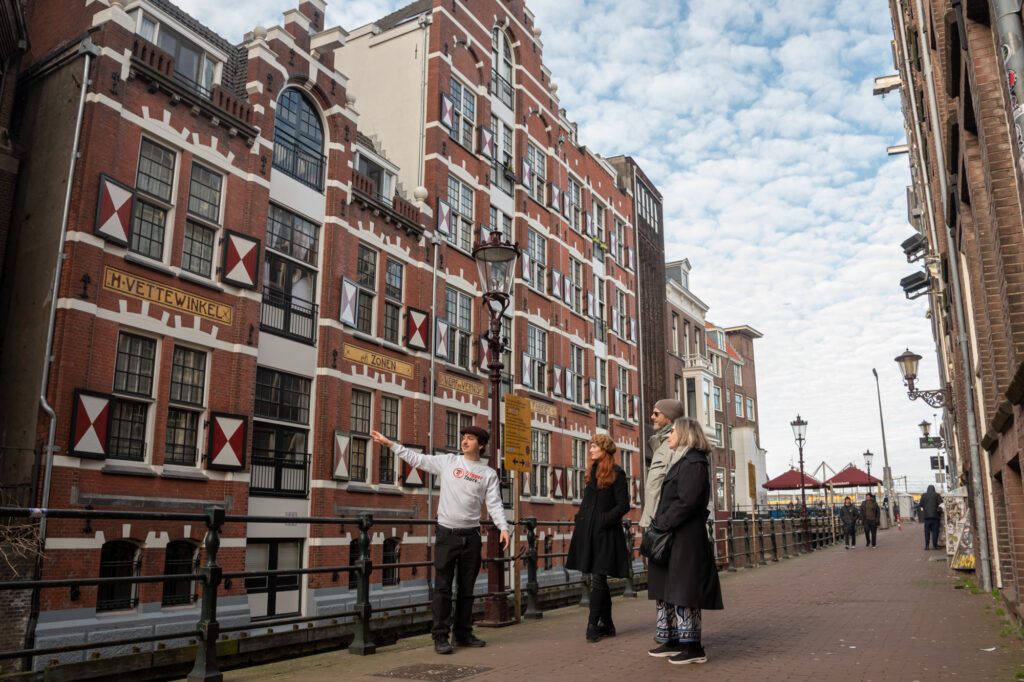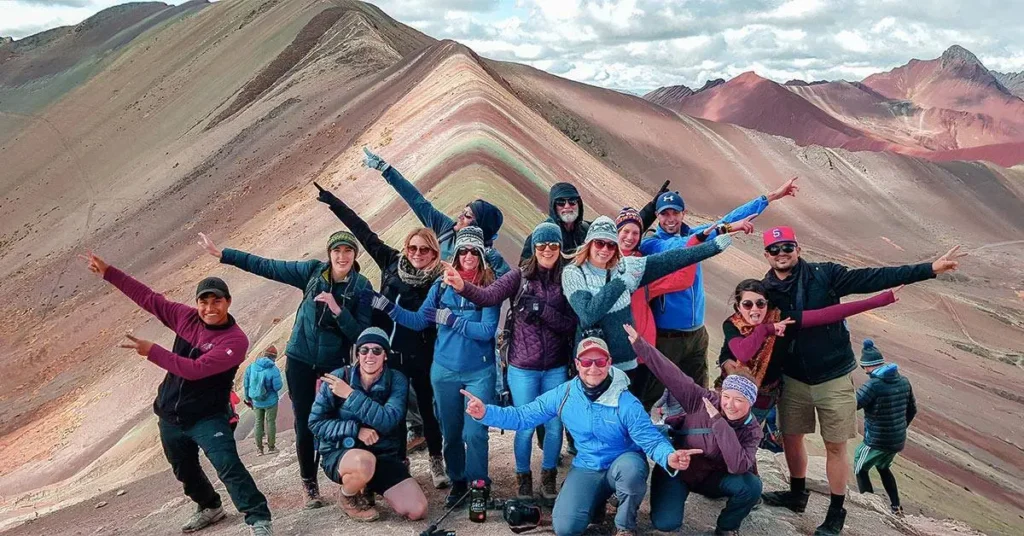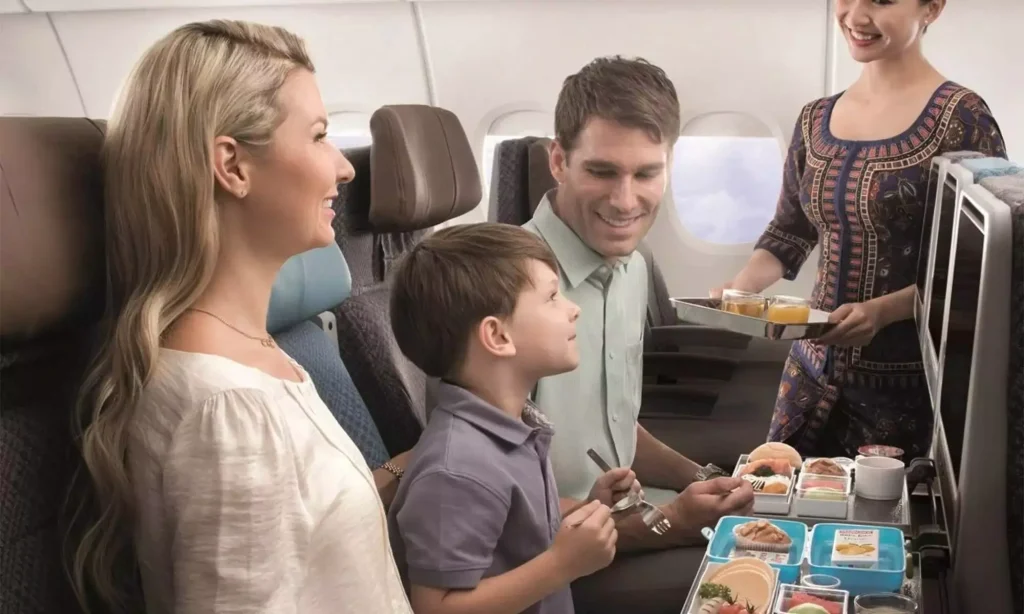
Overview The Bhrigu Lake trek is one of the easiest treks which makes it ideal for both beginners and experienced trekkers this trek begins from Manali and the base camp of the trek is Gulaba village, to reach the lake Read More …

Overview The Bhrigu Lake trek is one of the easiest treks which makes it ideal for both beginners and experienced trekkers this trek begins from Manali and the base camp of the trek is Gulaba village, to reach the lake Read More …

London is an exciting city filled with history, culture, and iconic landmarks, but sometimes, the best way to experience the UK is by venturing beyond the capital. Thanks to the country’s excellent rail network and well-connected motorways, exploring charming towns, Read More …

Amsterdam, a city known for its rich history, vibrant culture, and picturesque canals, is one of the top destinations for travelers seeking a unique European experience. While it’s easy to fall in love with the charm of this Dutch capital, Read More …
When visiting Liverpool, whether for business or leisure, ensuring a smooth and luxurious travel experience is essential. One of the best ways to enhance your trip is by hiring a professional chauffeur service. Here’s why choosing Luxe Liverpool Chauffeurs for Read More …

Berlin, the vibrant capital of Germany, stands as a testament to resilience, creativity, and rich history. This bustling metropolis seamlessly blends its storied past with a modern, cosmopolitan atmosphere, making it an irresistible destination for travelers from across the globe. Read More …

Scrolling through travel feeds, you’ve probably come across breathtaking images of Rainbow Mountain tours, also known as Vinicunca. Its vibrant, multi-colored slopes make it look almost unreal, like a painting come to life. Seeing it in person, however, is an Read More …
How to Stay Safe on Kilimanjaro: Climbing Mount Kilimanjaro is a thrilling adventure, but it also comes with inherent risks due to the high altitude, unpredictable weather, and physical demands. Proper preparation and awareness are key to ensuring a safe Read More …
When planning a getaway, you might be torn between booking a stay at a traditional hotel or opting for a bed and breakfast (B&B). Both options offer unique experiences, but a bed and breakfast can often provide several advantages that Read More …

Contract flight planning and support companies offer the latest services to make international trips successful. There are many regulatory requirements, licenses, and fees to be aware of in each country. Even seasoned operators can overlook details. The contract flight planning Read More …
Tulum, known for its stunning white-sand beaches and rich Mayan history, is also a paradise for scuba divers. From cenote diving to exploring vibrant marine life in the Caribbean Sea, scuba diving in Tulum offers a unique underwater adventure. Whether Read More …